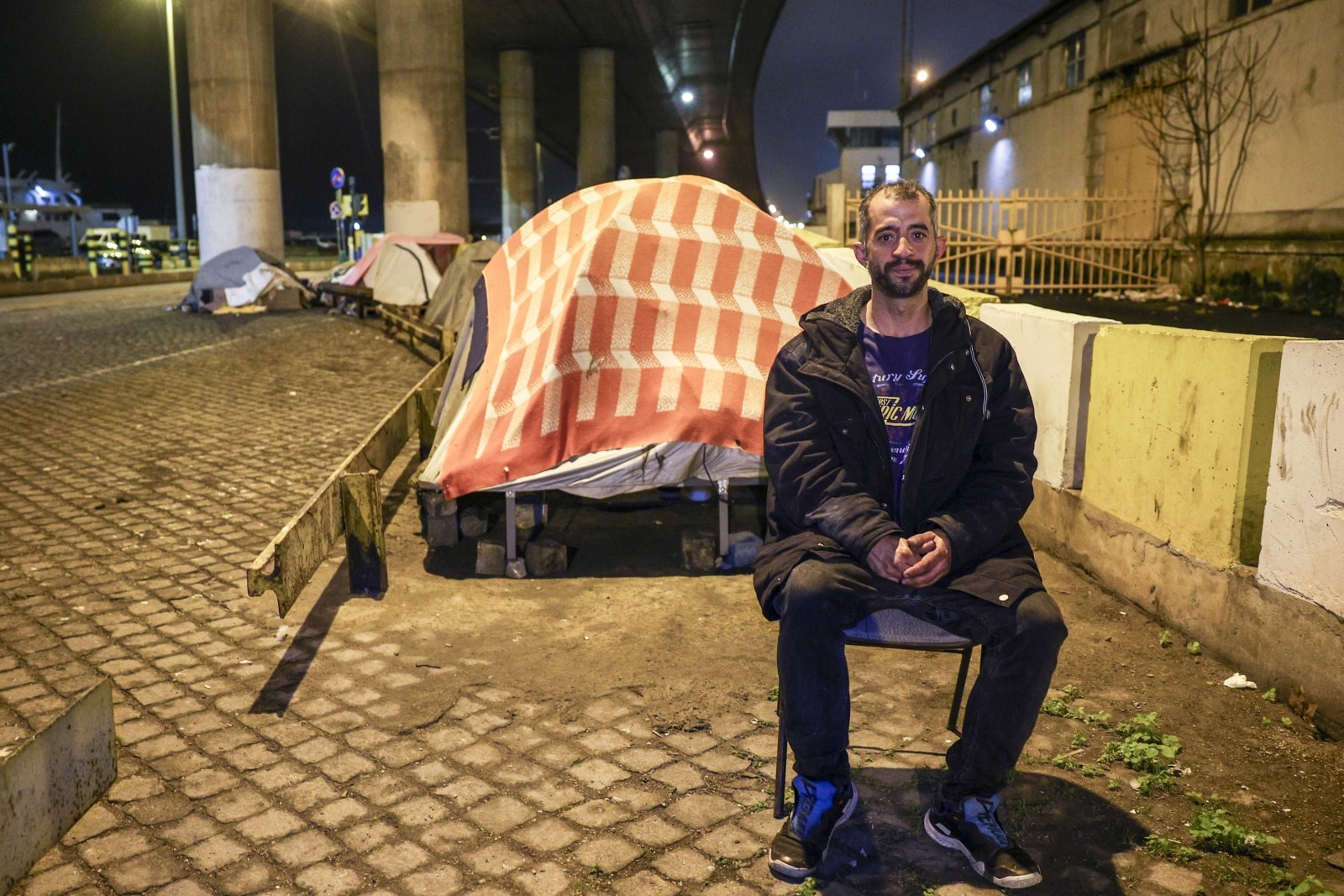Meets with political parties to discuss ‘review of institutional model’
Portugal’s minority AD government is to review the institutional model for the entry into this country of foreign immigrants.
This was the announcement yesterday by minister of the presidency Leitão Amaro, as the wider picture is minutely focused on issues of ‘encampments’ springing up, particularly in the capital, causing social discomfort.
The government’s ‘plan’ is to hear parties first before coming up with its review. And this it did yesterday afternoon: CHEGA acknowledging what it interpreted as a move towards establishing ‘immigrant quotas’; IL stressing it wants to see immigrants showing proof of enough money behind them to be able to live decently while becoming legalised (ie not in tents pitched in municipal gardens, or under bridges), while the more left-wing parties, namely Bloco de Esquerda and LIVRE respectively want to see “automatic legalisation of immigrants, with a year’s amnesty from paying Social Security” and the “reinforcement of means” at the disposal of AIMA, the Agency for Integration, Migration and Asylum.
It is in fact AIMA which is at the centre of the government’s intention to ‘review’.
Leitão Amaral classified the extinction of SEF (foreigners and borders agency) and creation of AIMA to have been “a blunder” – but he accepts that no political party simply wants to see SEF ‘reconstructed’ in its former guise.
Thus, the various ‘suggestions’ gleaned from meetings with opposition members will be considered ahead of a decision scheduled for “the coming weeks”, he told reporters – failing to commit to the maintenance of AIMA as it is today. AIMA began its mission with a massive backlog of cases (involving legalisations/ family reunifications, etc.) and has seen this backlog mushroom.
Also this week, Leitão Amaral has said he will be meeting with Lisbon mayor Carlos Moedas to try and bring some order to the chaotic situation of ‘migrant camps’ in the capital, conceding that the situation is “undignified”, and that “all authorities”, including the government, will need to collaborate in order to help sort it out.




















